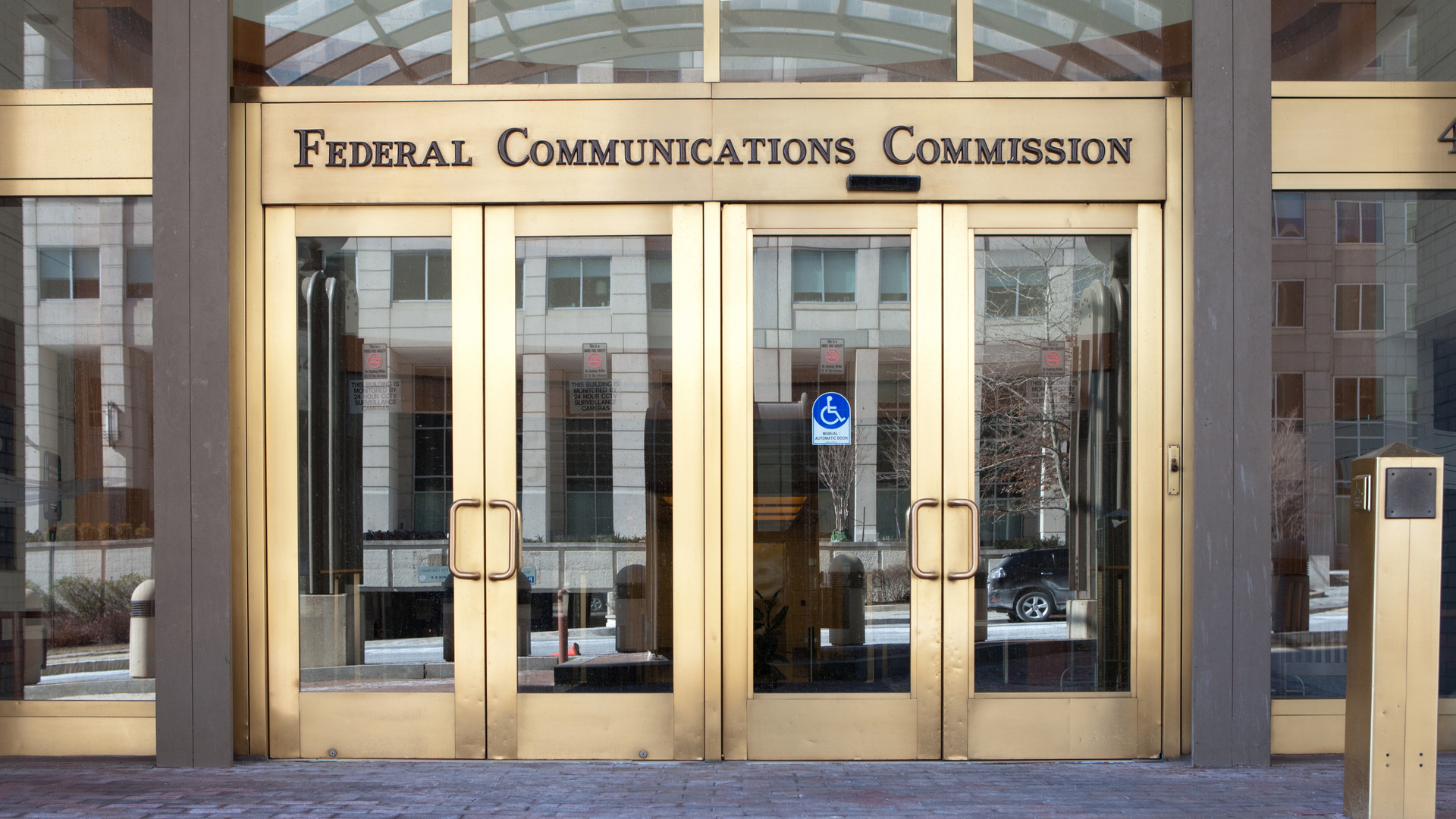FCC must hand over IP addresses related to fake net neutrality comments
Though there may be privacy concerns, Judge sides with reporters

A Manhattan federal judge has ruled the Federal Communications Commission (FCC) must provide two New York Times reporters with access to server logs that may give new insight into the allegations of fraud.
The FCC attempted to quash the paper’s request but was unsuccessful in persuading presiding District Judge Lorna Schofield. Despite the privacy concerns raised by the FCC, Schofield recognized that releasing the logs would help clarify whether fraudulent activity interfered with the comments made.
The FCC previously argued that making the millions of IP addresses contained in the logs publicly accessible would be an invasion of personal privacy. While Schofield didn’t disagree with this assessment, the FCC failed to explain how the disclosure would harm anyone.
Stemming from the FCC’s 2017 net neutrality rollback, reporters Nicholas Confessore and Gabriel Dance sued the FCC under the Freedom of Information Act after it refused their requests to view copies of the comment logs. The pair claim the logs will shed light on originating IP addresses behind public comments sent to the FCC before the December 2017 net neutrality vote.
The Times’ lawsuit follows reporting that exposed the FCC’s multiple attempts to drum up stories about hackers attacking its comment system. For over a year, the FCC claimed it had proof that numerous DDoS attacks were behind the comment system issues, but FCC Chairman Ajit Pai admitted that wasn’t true in 2018.
After an inspector general report found no evidence of the attack, Pai attempted to blame his staff and the Obama administration.
The FCC’s push to repeal net neutrality rules resulted in upward of 22 million comments filed with the agency. Repeated investigations later found many comments were fake. Last year, Gizmodo reported numerous fake comments traced back to dark money groups, some with links to the Trump campaign.
Get the ITPro daily newsletter
Sign up today and you will receive a free copy of our Future Focus 2025 report - the leading guidance on AI, cybersecurity and other IT challenges as per 700+ senior executives
The server logs won by the Times reporters will help them shed light on the who’s responsible for the fake comments. Previous records show the pair initially focused on reporting that claimed just about half a million comments had Russian ties.
Pai previously stated it was “fact” that Russian accounts were behind the comments. His attorneys, however, have argued the opposite in court.
-
 Bigger salaries, more burnout: Is the CISO role in crisis?
Bigger salaries, more burnout: Is the CISO role in crisis?In-depth CISOs are more stressed than ever before – but why is this and what can be done?
By Kate O'Flaherty Published
-
 Cheap cyber crime kits can be bought on the dark web for less than $25
Cheap cyber crime kits can be bought on the dark web for less than $25News Research from NordVPN shows phishing kits are now widely available on the dark web and via messaging apps like Telegram, and are often selling for less than $25.
By Emma Woollacott Published